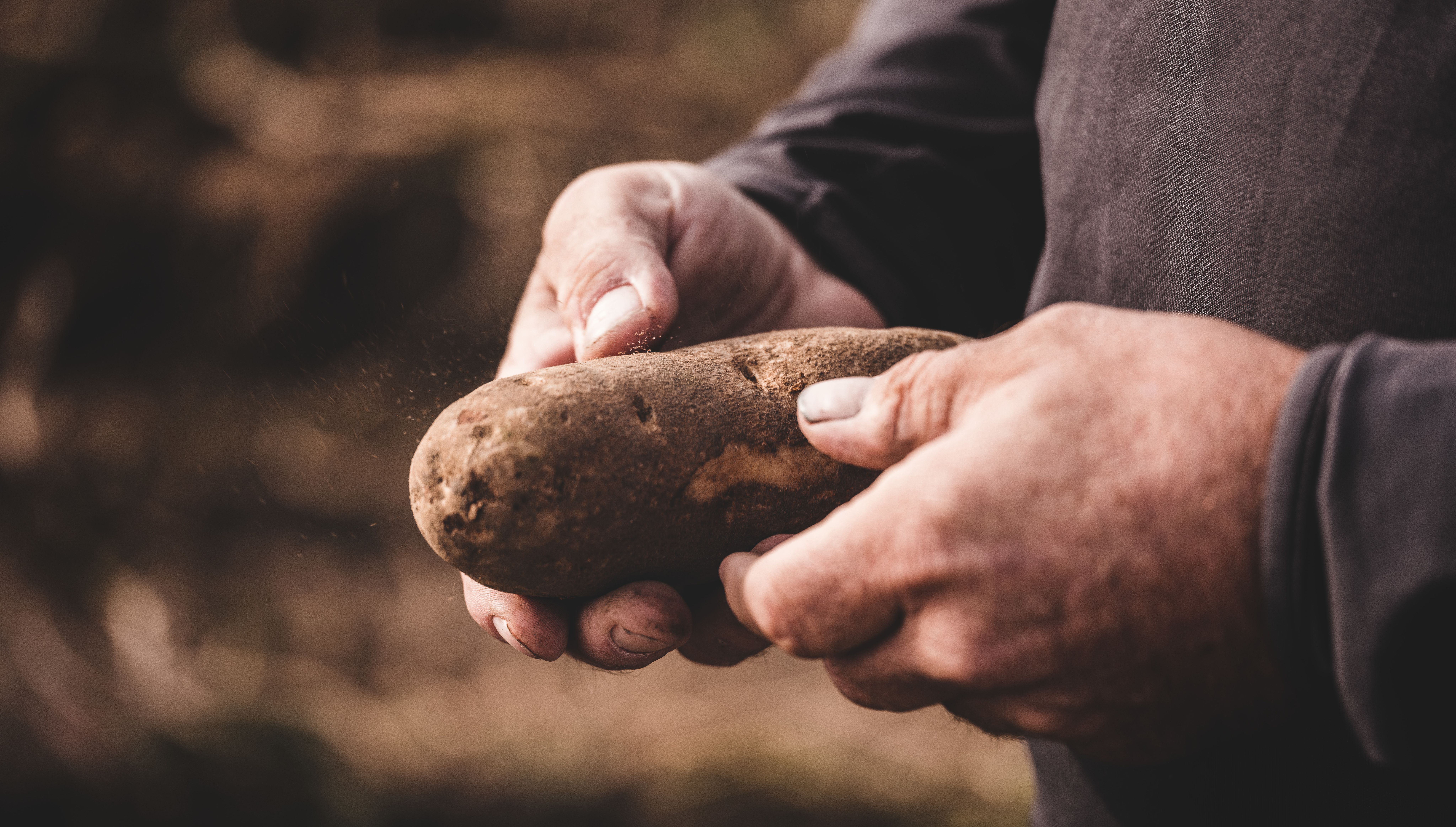
A Billion-dollar Playbook
Ten years ago, the need to increase Indigenous participation in the potash industry was clear. The path to get there was not.
“We asked our suppliers to help find solutions,” says Josh Dodd, Nutrien’s Director of Procurement – Potash, “and they delivered in a big way.”
Armed with Nutrien’s “Indigenous Content Playbook” as a guide, long-time suppliers and entrepreneurial Indigenous leaders began experimenting with different models to build business partnerships, encourage employment, and support training and mentorship programs.
As a result, Saskatchewan’s potash supply chain is now more diverse, secure and sustainable.
“The $1 billion milestone reflects the efforts and innovative thinking of our Indigenous partners, our suppliers and our company,” said Trevor Berg, Nutrien’s Senior Vice President, Potash Operations. “We recognized a need for change and our partners – Indigenous and non-Indigenous – worked together to reshape the potash supply chain. It’s a team approach that continues to make the potash industry in Saskatchewan stronger and global food security more achievable.”
In 2020, Nutrien set a target of “25 x 25” – that by 2025, at least 25 percent of the local, relevant spend in the potash operating segment would be with Indigenous-owned suppliers, or suppliers who have at least 15 percent Indigenous employment.
The company blew by that target in each of the past three years, with more than 30 percent of the relevant potash spend involving suppliers who met those criteria.
In total, Nutrien awarded $1.1 billion in potash procurement spending to qualified suppliers between 2020-2024, including $567 million – more than 50 percent – to Indigenous-owned companies.
The dollar figure, however, tells only part of the story.
“The relationship reset is what’s really powerful,” explains Julie Ann Wriston, Nutrien’s Director of Indigenous Relations. “There has been an earnest effort by our partners and our company to step out and do something proactive that has actual impact. And that’s happening, thanks to our suppliers.”
Moving Ore and Shifting Attitudes
The changing dynamic has taken hold inside and outside the company.
In 2017, Saskatoon Tribal Council established STC Industrial (STCI) as a means of generating own-source revenue and creating employment opportunities through economic development.
“We didn’t own a hammer, or a ladder and we didn’t have a contract,” recalls Shaun Howdle, President and CEO of STCI. “It was very much a start-up entrepreneurial model. But we had relationships and subcontracting agreements to get our people employment and build technical capacity.”
Initially, STCI began working on underground conveyor structures at Lanigan with the support of existing fabricators, including Keys Welding Service (Keys). Within three years, STCI gained the expertise and financial strength to purchase Keys and bring that capacity fully in house.
Meeting Nutrien’s requirements for safety, reliability and competitive pricing, however, can be challenging for even large-scale, long-term suppliers. The cyclical timing of deliveries, fluctuating steel prices and a global pandemic made these challenges even greater for a relatively new entity working to train its people for the industry.
Cody Kennedy, Chief Mine Engineer at Lanigan, recognized that Nutrien would need a different level of teamwork to give STCI/Keys a proper opportunity to address the needs of the site. Through discussions and the collaborative efforts of Lanigan General Manager Rob Jackson; Senior Manager, Procurement Operations Jaime Aamodt; and other key stakeholders, the site and STCI/Keys signed longer-term agreements that allow the supplier to better plan its labour and input needs.
“We order miles of conveyor structure every year – thousands of tons of metal specifically designed to our application underground,” says Kennedy. “And we were looking at basically doubling those quantities over the next seven years.
“To be fair to them, we needed to go beyond a spot contract. We needed to hammer out a commitment – with stipulations on quality, stipulations on schedule and estimated price – that let them optimize the way they plan to ensure Lanigan got the right product at the right time.”
An initial two-year agreement signed in 2021 was renewed in 2023, with negotiations on a further extension currently underway. STCI/Keys’ performance over the past several years has enabled it to expand its operations, adding more employees and new services, including a powder-coating paint line to finish materials before they leave the manufacturing plant.
“They’ve become competitive with their peers in the industry, which is a great thing,” says Kennedy. “It’s difficult to grow and mature into an organization that can supply the mining industry. You’re competing against big guys that are entrenched for decades. And they’ve been able to do that.”
Howdle says the initiative from Nutrien to encourage partnerships while allowing flexibility to find workable solutions has been a key foundation for growth.
“The biggest thing I give Nutrien credit for is understanding a true partnership as opposed to a supplier-buyer relationship,” says Howdle. “We’ve been very open with them – “This is what we need. This is what our structure is...” And they're able to work with us and say, “Okay, we need to hit these objectives and this is why…” That's a true partnership model.”
Evolving the Playbook
The experiences of the past decade informed updates to Nutrien’s Indigenous Content Playbook. The updated playbook, which is available here, reflects changes in the environment, industry and supply chain since the initial release almost a decade ago.
Lee Price, Nutrien’s Manager, Indigenous Supply Chain - Potash, says the efforts of suppliers across the industry have been essential to the success of the program and into reshaping the opportunities for Indigenous people and businesses.
The evolution of the STCI/Keys relationship with Nutrien is just one example of supply-chain partners working together and with Nutrien to strengthen the industry in Saskatchewan.
“There was reciprocity – finding that mutually beneficial relationship,” explains Price. “They were able to ask what we need. Then we were able to flip it and say, "What role can we play to support your success.”
“You come out the other end with everybody in a better place.”
The revised Indigenous Content Playbook is now available. Download a copy here.
Related stories


